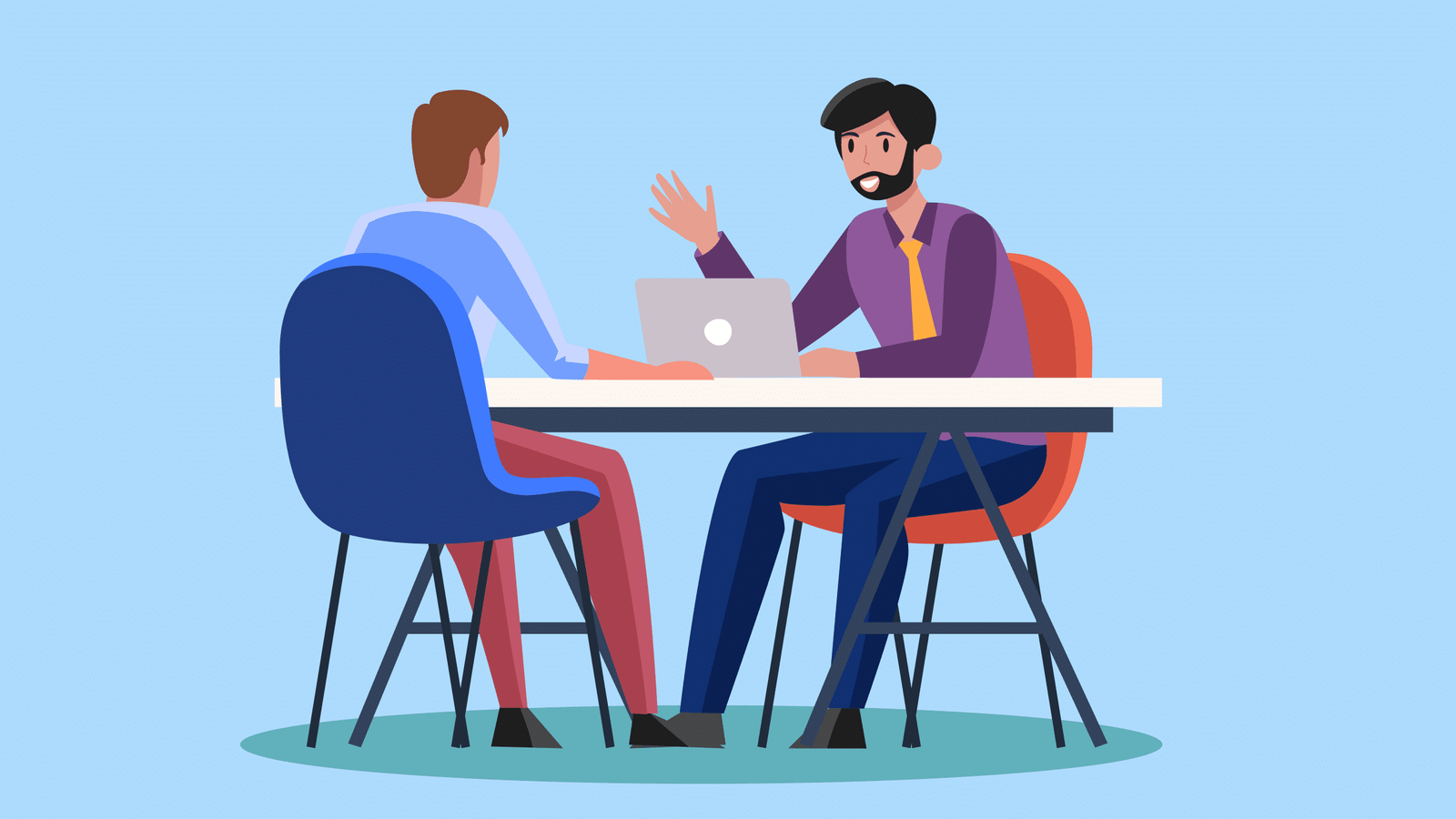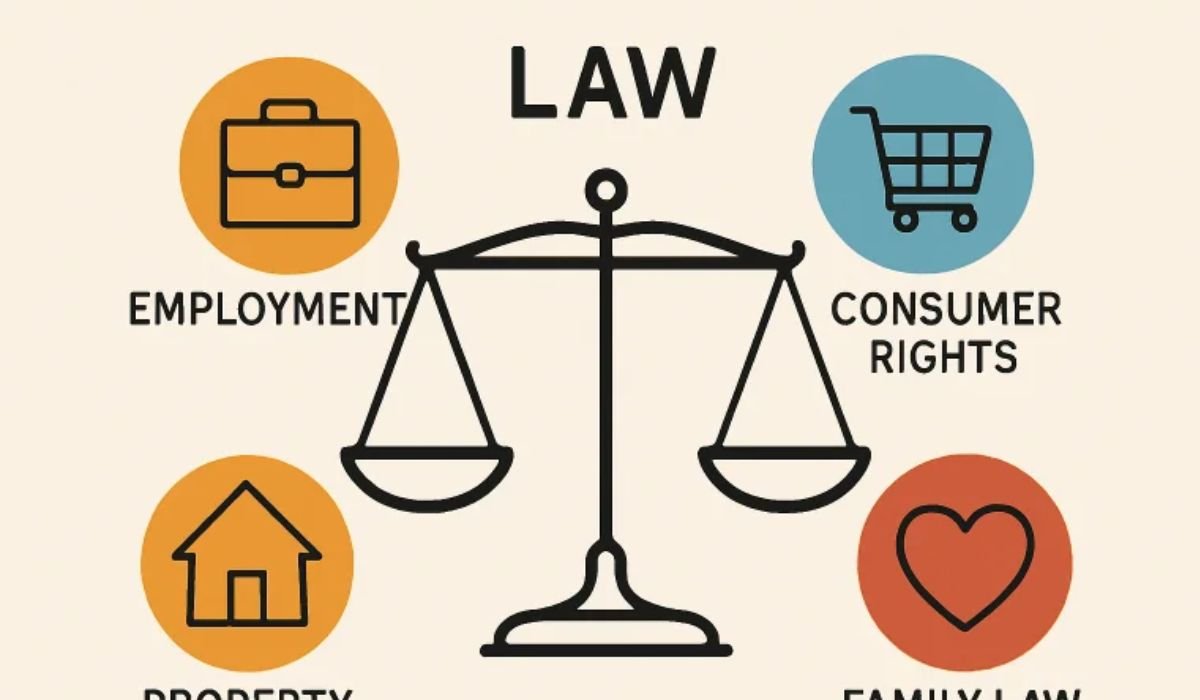Job interviews can be nerve-wracking for anyone, but for those with anxiety or phobias, the pressure can be even more intense. The fear of being judged, uncertainty about how you’ll perform, or worries about unexpected events can overwhelm the process. However, managing these feelings and performing well despite your anxieties is possible. Here’s a comprehensive guide on how to handle job interviews when you have anxiety or phobias.
1. Understand Your Anxiety or Phobia
The first step to overcoming any challenge is understanding it. Anxiety manifests in various ways – from racing thoughts to physical symptoms like sweating or shaking. For some, it’s a general sense of dread, while others might have specific phobias, such as social anxiety or fear of public speaking. Understanding your triggers will help you anticipate and prepare for them.
- Generalized Anxiety: This can cause persistent worry about the interview process, including preparation, interaction with interviewers, or fear of making a mistake.
- Social Anxiety: Often involves a fear of being judged or feeling overly self-conscious during the interview.
- Specific Phobias: You might have a fear of public speaking (glossophobia), or even agoraphobia, which could make getting to the interview difficult.
2. Preparation: Your Best Ally Against Anxiety
Thorough preparation is one of the most effective ways to calm your nerves. When you’re well-prepared, you reduce uncertainty, which can significantly lower anxiety levels.
Research the Company and Role
Knowing the company’s culture, values, and goals can help you feel more comfortable during the interview. Review the job description thoroughly and consider how your skills match the role. Familiarity with the company can give you a sense of control and confidence.
Prepare Answers to Common Questions
Practice answers to common interview questions such as:
- “Tell me about yourself.”
- “Why do you want this job?”
- “What are your strengths and weaknesses?”
Rehearsing these in advance can make them feel less intimidating during the actual interview. If possible, do mock interviews with a friend or mentor to simulate the interview environment.
Plan Your Day
Eliminate as much uncertainty as possible. Know exactly where the interview will take place, how long it will take to get there, and what you’ll wear. Create a checklist of items to bring, such as a portfolio, notepad, or extra copies of your resume. Having a clear plan helps reduce last-minute stress.
3. Coping Mechanisms for Pre-Interview Anxiety
Practice Deep Breathing and Relaxation Techniques
Deep breathing is one of the simplest and most effective ways to calm your body when anxiety hits. Techniques like the 4-7-8 breathing exercise (inhale for 4 seconds, hold for 7, and exhale for 8) can help slow your heart rate and bring your focus back to the present.
Progressive muscle relaxation (PMR), where you tense and relax different muscle groups, can also reduce physical tension.
Visualization and Positive Affirmations
Visualization involves imagining yourself succeeding in the interview. Picture yourself walking confidently into the room, answering questions with ease, and leaving the interview feeling accomplished. Repeating positive affirmations like “I am prepared” or “I can handle this situation” can shift your mindset from one of fear to one of capability.
Bring a Comfort Item (if possible)
If allowed, bring a small comfort item that helps ground you during stressful moments, such as a lucky charm or a stress ball you can squeeze during the interview. These little tools can help you stay focused and calm.
4. Handling Anxiety During the Interview
Despite your best efforts to prepare, it’s normal to feel anxious during the interview. The key is to manage it effectively.
Pause and Breathe
If you feel overwhelmed during the interview, don’t be afraid to take a brief pause before answering. A simple, slow breath can help you regain your composure. Interviewers understand that nerves are normal and taking a moment to gather your thoughts is seen as thoughtful rather than negative.
Be Honest About Your Anxiety (If Necessary)
In some cases, being open about your anxiety might help relieve some pressure. For example, if you feel comfortable, you could say, “I tend to get nervous in interviews, but I’m really excited about this opportunity.” This shows vulnerability but also demonstrates that you are self-aware and willing to confront your challenges.
Focus on Listening and Engaging
One way to divert your mind from anxiety is to focus on actively listening to the interviewer. When you’re truly engaged in the conversation, it leaves less room for anxious thoughts to creep in. Take notes if you need to, and remember that interviews are a two-way street – you are also assessing whether this job is the right fit for you.
5. Post-Interview Care: Self-Compassion and Reflection
Reflect Without Judgement
After the interview, resist the urge to overanalyze every detail. It’s common to replay events in your mind, but try to focus on the positives. Consider what went well, rather than obsessing over what you think could have been better. Every interview is a learning experience.
Practice Self-Compassion
Remind yourself that it’s okay to feel anxious – it doesn’t mean you performed poorly. Interviews are stressful for almost everyone, and the fact that you faced your anxiety head-on is a success in itself. Be kind to yourself after the interview and treat yourself to something enjoyable to decompress.
Learn from Each Experience
After some time has passed, reflect on what triggered your anxiety and what helped alleviate it. Use this information to refine your coping strategies for future interviews. Each interview is a chance to grow more resilient and better prepared.
6. When to Seek Professional Help
If your anxiety or phobia feels unmanageable, it might be helpful to consult a therapist or counselor, especially one who specializes in cognitive-behavioral therapy (CBT). CBT helps you identify negative thought patterns and replace them with more positive and realistic ones. Additionally, mindfulness practices and even medications can sometimes be effective in managing severe anxiety.
Many organizations also provide accommodations for people with anxiety or phobias. Under the Americans with Disabilities Act (ADA), employers are required to offer reasonable accommodations, such as providing interview questions in advance or allowing interviews via phone or video call, to help candidates succeed.
Final Thoughts
Job interviews are stressful, especially for individuals with anxiety or phobias, but they don’t have to be overwhelming. By understanding your anxiety, preparing thoroughly, and using practical coping techniques, you can manage your fears and present yourself confidently. Remember, your goal is progress, not perfection. Each interview, successful or not, is a step forward in your personal and professional growth.











